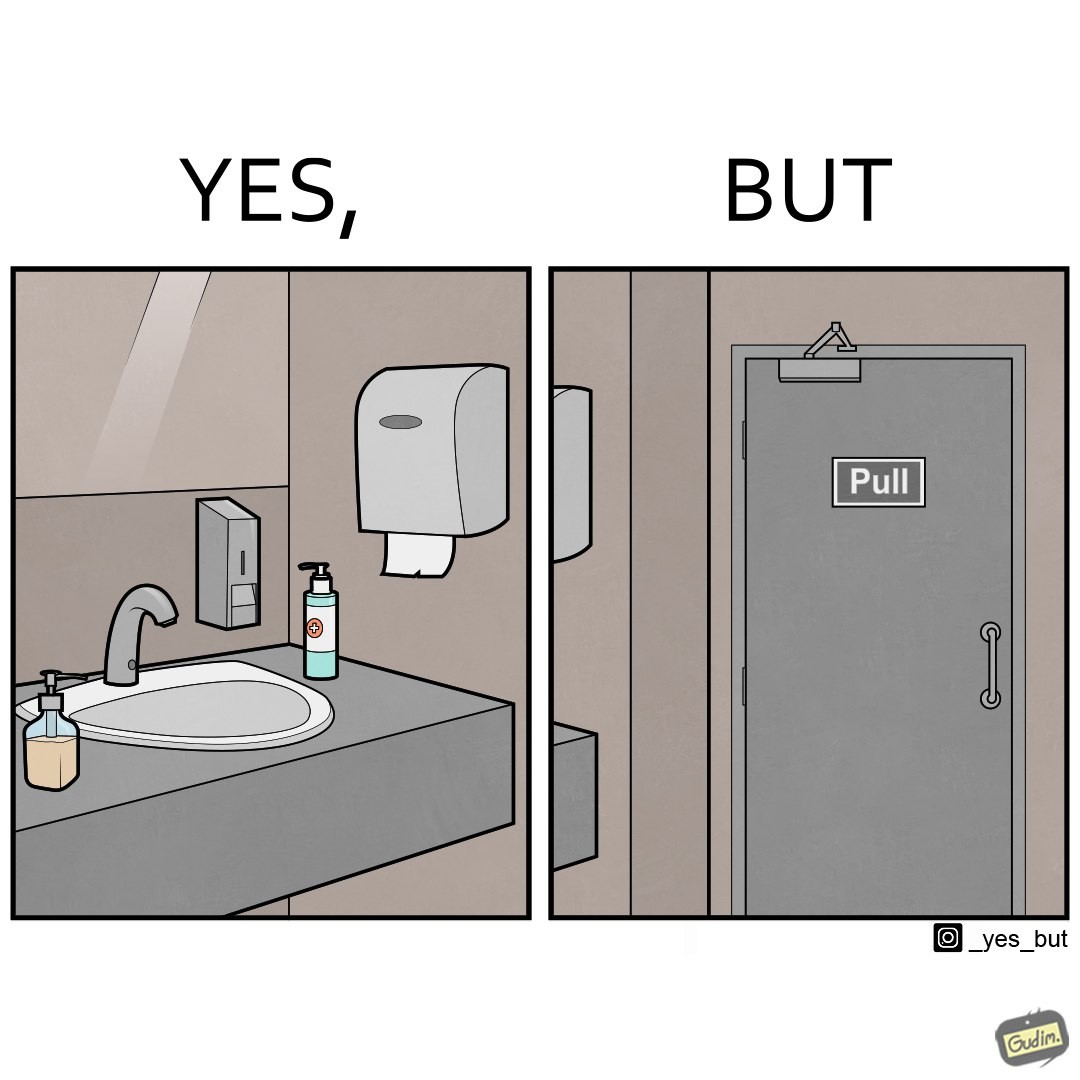Humor
"Laugh-a-Palooza: Unleash Your Inner Chuckle!"
Rules
Read Full Rules Here!
Rule 1: Keep it light-hearted. This community is dedicated to humor and laughter, so let’s keep the tone light and positive.
Rule 2: Respectful Engagement. Keep it civil!
Rule 3: No spamming! AI slop will be considered spam at the discretion of moderators
Rule 4: No explicit or NSFW content.
Rule 5: Stay on topic. Keep your posts relevant to humor-related topics.
Rule 6: Moderators Discretion. The moderators retain the right to remove any content, ban users/bots if deemed necessary.
Please report any violation of rules!
Warning: Strict compliance with all the rules is imperative. Failure to read and adhere to them will not be tolerated. Violations may result in immediate removal of your content and a permanent ban from the community.
We retain the discretion to modify the rules as we deem necessary.
view the rest of the comments

Clean, dry and uncut hands create a formidable barrier to pathogen transmission. And the most dangerous pathogens tend not to live long outside a living body.
Also, sebum is a useful thing.
So wait for a while after washing hands, before touching dirty stuff.^[of course that can't be done in public restrooms, but considering that people are always coughing enough for the exhaust fans to be rendered inadequate, the exit door is hardly a big deal]
I tend to rub my oily nose/head with my fingers, right before doing something that I know would require me to wash my hands later. Makes cleaning with a soap much easier.
Also, has it happened to you sometimes, that even if you try your best to wipe your hands after washing, they tend to easily stick dirt for a while, until they become just a little bit oily (because the palm doesn't accumulate enough oil for one to casually notice).
So better not wash hands, especially if one had to touch a dirty door?
No. My point was that dry, unopened human skin makes pathogen transmission by touch nothing to worry about.